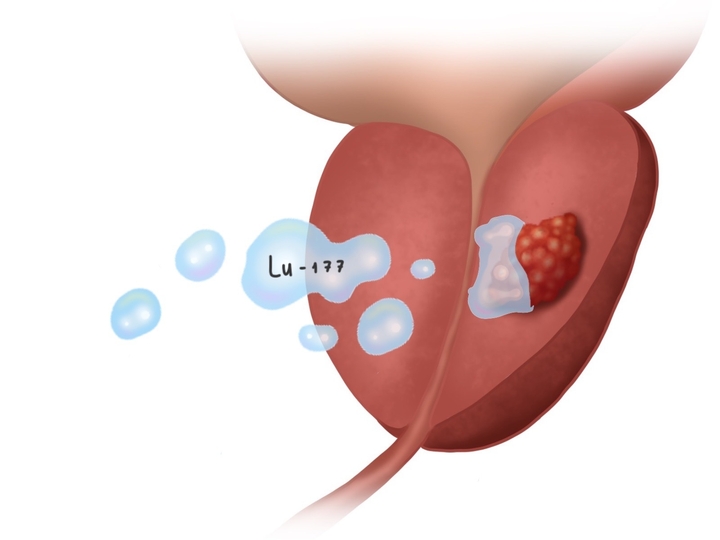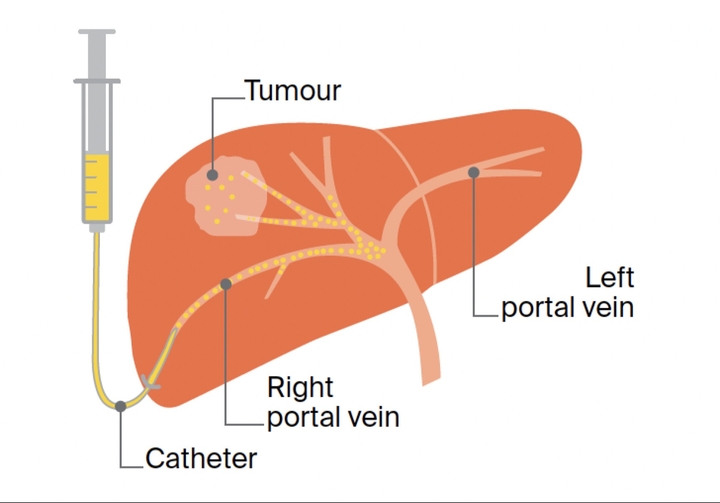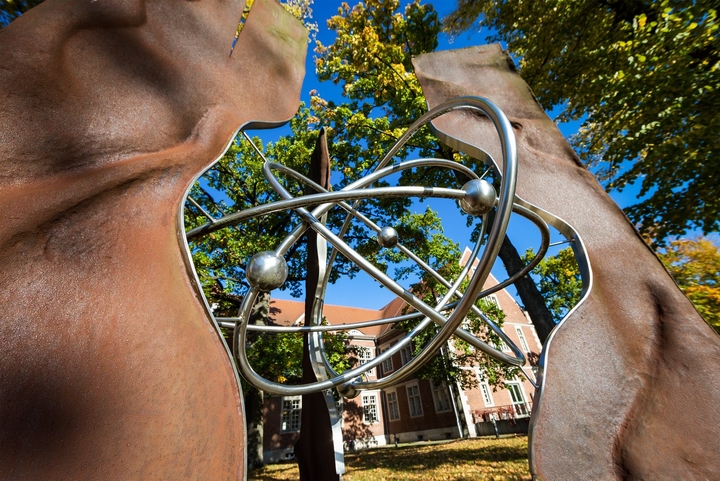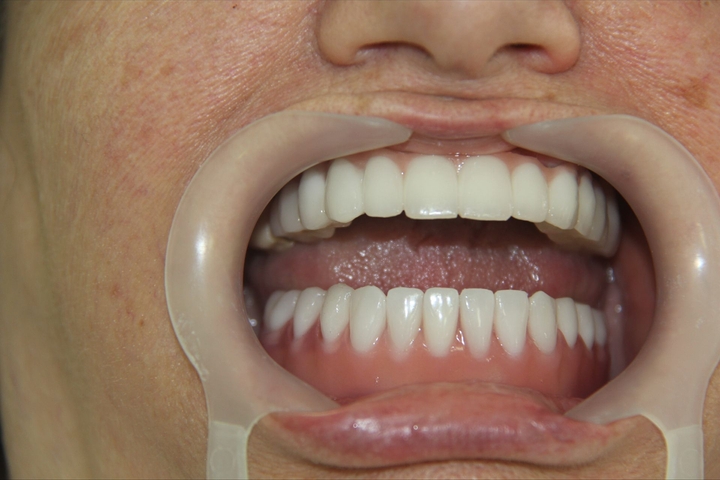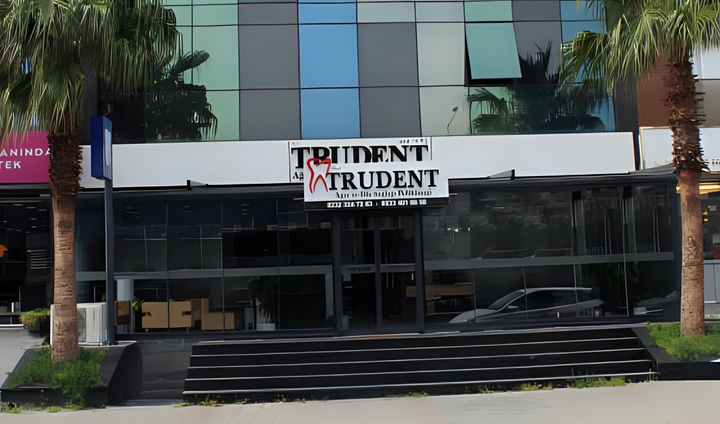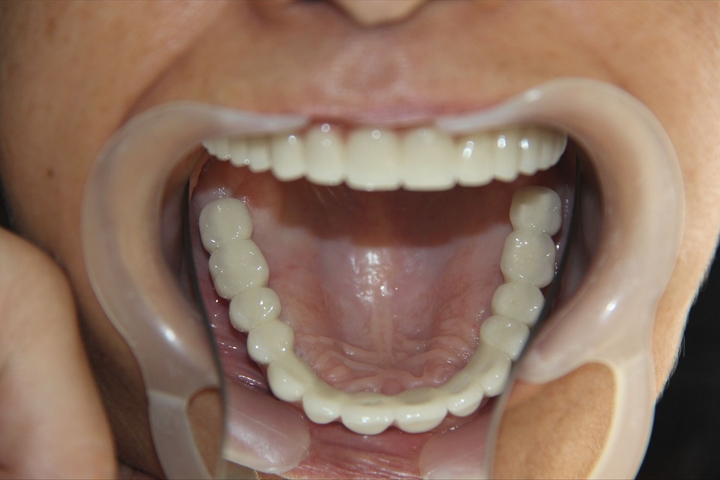Selective Internal Radioembolization with SIR-Spheres (SIRT) for Liver Tumors/Metastases | Uniclinic Frankfurt, Germany
Frankfurt am Main, Germany




Overview
Age group
Kids, Adults
Type of care
Outpatient
Method
Microinvasive
About the offer
What’s included
Medical service
- clinical history-taking
- medical records review
- physical examination
- consultation with an interventional radiologist
- complete blood count (CBC)
- blood type test (ABO, Rh)
- biochemical analysis of blood (kidney and liver function tests, electrolytes)
- inflammation blood tests
- coagulation studies
- urinalysis
- ultrasound imaging of the abdomen
- CT scan of the liver with a contrast
- post-procedure CT scan of the liver
- pre-procedure patient preparation
- selective internal radioembolization with SIR-Spheres (SIRT) for a liver lesion/tumor
- post-procedure care
- symptomatic care
- doctor's fee
- cost of essential medicines
- cost of essential materials
- local anesthesia
- nursing service
- discharge medical records
- further recommendations
- follow-up consultations
Extra add-ons
AiroCare
Meet the provider
interventional radiology, interventional oncology, chemoembolization (TACE) & chemoperfusion (TACP)
Gallery
Customize this offer
If you're not seeing exactly what you need here, send your custom request. You can discuss the content, specifics, price & timeline to create a personalized plan.
Location
Theodor-Stern-Kai 7, 60596 Frankfurt am Main, Germany
FAQ
For whom is SIRT a suitable treatment option?
SIRT is a treatment for liver tumors that exclusively or primarily affect the liver. It does not affect tumors located outside the liver. Several other factors must be considered before offering SIRT as a treatment option. The most crucial factor is determining if the patient has a healthy liver that works satisfactorily, which can be done by performing a simple blood test.
Do I need to stop my chemotherapy if I undergo SIRT treatment?
In most cases, chemotherapy is stopped two weeks before and after SIRT treatment, but your oncologist will determine if it is necessary to pause chemotherapy during this period.
What are the side effects of SIR-Spheres microspheres?
Many patients may experience abdominal pain and/or nausea as a side effect of their treatment, but this usually goes away quickly or with the help of routine medications. Some patients may also have a mild fever lasting up to a week and fatigue lasting several weeks. To prevent or minimize these side effects, you may be given additional medicines such as painkillers, anti-inflammatories, anti-nausea, or anti-ulcer drugs during your treatment as a precautionary measure.
Individual cost estimate. Non-binding 100% free assessment.

